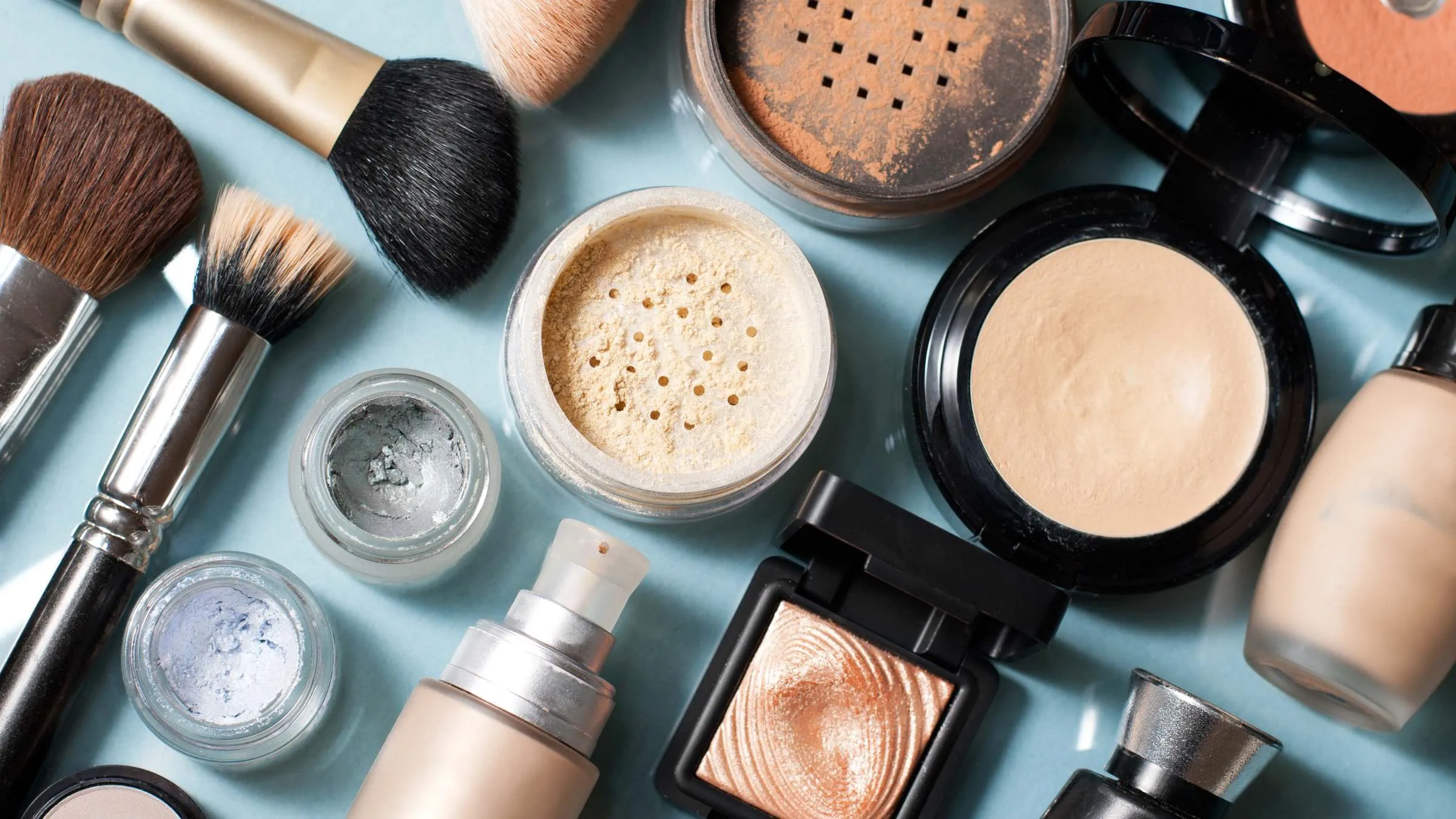
During the pandemic, as more people covered their faces with masks and switched to working from home, many makeup-wearers scaled back their cosmetic use. It’s great to give your skin a breather from makeup, but one unintended consequence is that those makeup products are more likely to expire before you can use them. Yes, makeup has an expiration date.
When does makeup expire?
Some skin products, from sunscreen to foundation and other makeup, include a printed or stamped expiration date on their packaging. Others show a length of time that a product can be used after it’s been opened — this is displayed with a graphic of an open jar with a number inside. For example, “3M” means the product is best used within three months of opening.
If there’s no expiration date or open-jar graphic, it’s best to follow these general guidelines for skin products:
- Start the warm season each year with a fresh supply of sunscreen.
- Liquid eye makeup, including eyeliner and mascara, should be disposed of after three months of use. Immediately dispose of it if you develop conjunctivitis (pink eye), a stye or other eye infection, so that you don’t re-infect your eye or spread the infection from one eye to another.
- Liquid concealer or foundation should be thrown out after a year.
- Pencil cosmetics, such as certain eyeliners or lip or brow pencils, should also be disposed of after a year.
- Lipsticks and lip glosses should be thrown away after one to two years of use.
- Even if your lotion, sunscreen or makeup hasn’t reached its recommended disposal date, it’s best to get rid of it if you note a significant change in texture, color or smell.
Why do makeup expiration dates matter?
Makeup that hasn’t been used yet but is past its labeled expiration date likely just won’t work as well. It can dry out or otherwise change in consistency, color or smell, and components of the makeup can separate.
If the makeup has been opened and used, though, it can harbor harmful bacteria. This can make your skin more likely to break out, become irritated or even introduce infections. Liquid makeup, especially, is prone to becoming a home for growing bacteria over time. Eye makeup can potentially introduce serious infections in the eyes.
When it comes to sunscreen, old products are unlikely to harm you, but they might not protect your skin as much if they’re expired or have been open for a long period of time.
How to choose the best sunscreen
Other makeup dos and don’ts
Wash your hands before you start your makeup regimen so that you’re always handling items with clean hands, especially when applying near the eyes.
Use clean applicators and makeup brushes when you apply your makeup. Clean them frequently to avoid grime, germs and bacteria buildup. If something is disposable, then dispose of it.
Write the dates you opened a product directly on the container as a reminder of when to throw out.
Don’t use water or saliva to help dried-out makeup last longer. That actually introduces new bacteria that you don’t want to spread on your face.
Don’t share makeup brushes, applicators, lipsticks or eye makeup — it can spread even more bacteria. This is also why it’s a good idea to avoid some types of samples at makeup counters.
Remove your makeup at the end of the day, whether with a specific makeup removal product or just washing your face with a facial cleanser. I recommend gentle cream cleansers if you have dry or sensitive skin, and salicylic acid cleansers if you have oily or acne-prone skin.
No one wants to waste money or throw out unused product, but pitch it if you’re not sure and buy new. Your skin and your health are worth the small investment in yourself.

Worried about your skin, hair or nails?
Ohio State's dermatology team provides comprehensive care backed by one of the nation's leading academic health centers.
Expert care starts here




